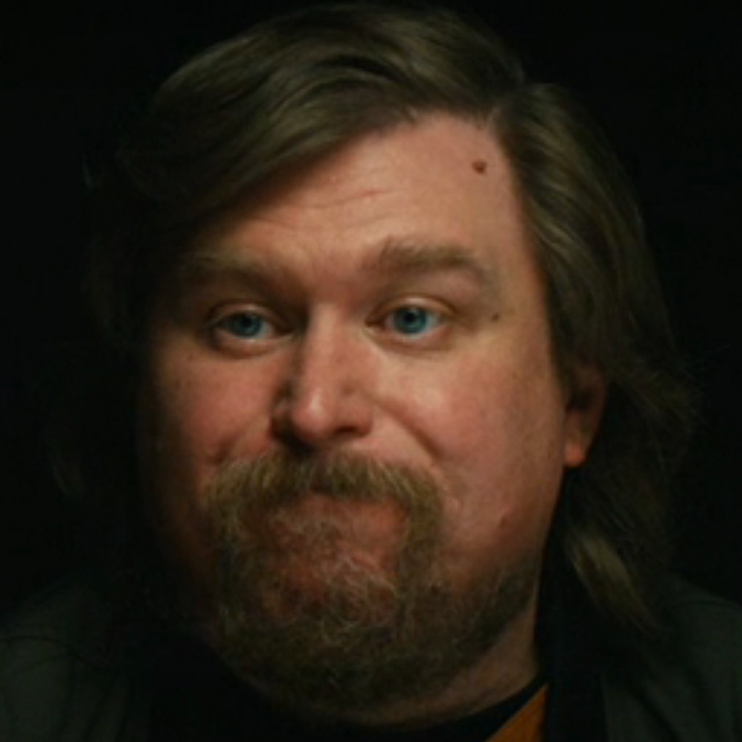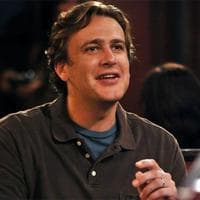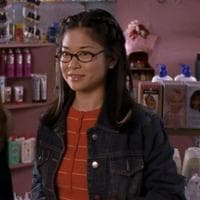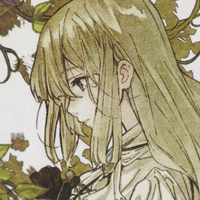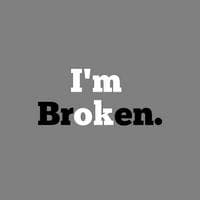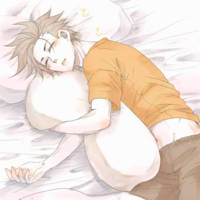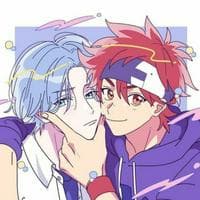Mark Scout MBTI Personality Type
Personality
What personality type is Mark Scout? Mark Scout is an INFP personality type in MBTI, 9w1 - sp/so - 963 in Enneagram, RLOEN in Big 5, SLI in Socionics.
Just a heads up: this isn’t going to be massively spoilery but I will talk about how Mark transforms over the first season, so if you’ve only watched a bit of this show you may not want to read on. Although Mark’s innie and outie initially appear to be two different types, I’d argue that the only way to understand him holistically is as an INFP, inside and outside of Lumon. However, the fact that ISTJ is the second-most voted type at the moment is telling of how much circumstance and environment affect how a type appears, and how good this show is at capturing that concept. I’d say that Mark’s outie needs to be taken as the baseline, given that it’s his full self, memories and all. That character is clearly Fi dominant, and also a clear Ne user. He was, after all, a history professor, and generally they engage in both teaching and research, so his pre-grieving self was probably a lot more academically curious, but as we encounter him he’s somewhat shut off his Ne and is functioning primarily on Fi and Si. His innie, on the other hand, is in a really repressive environment with no opportunities to use his Fi or Ne (as they both conflict with his work at Lumon), so when we first encounter him, he’s operating on his weaker functions, Si and Te, which is what makes him seem somewhat like an ISTJ (or, as some have voted here, ISFJ, since his feeling still shines through, even as he suppresses his Fi). However, it’s clear that Si and Te aren’t as natural for him - for instance, he struggles with the protocols when he initiates Helly and eventually just abandons them, partly because he feels for Helly and instinctively knows these protocols won’t help her. He also reveals that when he first woke up at Lumon he said he’d find the person and kill them; that’s a pretty fiery initial response, and he’s clearly learned to repress that fire. His Fi-dom fieriness is obvious when his outie lashes out on the protesters; it’s a gut defensive response because, well, deep down he knows they’re right but has convinced himself that severance is what he needs to cope with his grief. There are moments early on when it emerges from his innie as well, though, despite the fact that he suppresses Fi and Ne most of the time; a good example is when they’re playing the game to get to know each other. Mark initially tries to divert from having to share his emotions by saying something throw-away (that’s very INFP), but when Milchick pushes him to give a different answer, he suddenly gets very intense and starts challenging him, because he’s overwhelmed with sadness for the loss of Petey. Those moments in the show are so interesting, like his truer self is pushing to get out. Although as the first season progresses Mark’s outie is initially a bit resistant to questioning Lumon, this isn’t because he isn’t curious, but again, because he’s been repressing his Ne and functioning on Fi and Si, and using his Ne to explore what’s happening at Lumon will require him to confront his grief. But he eventually can’t help it; he’s too curious. As for his innie, he shows several minor acts of resistance right from the start, but often he’s too afraid of negative judgment, typical of IxFPs. However, his Ne is inspired by reading Ricken’s book, which his outie would find ridiculous but which is the first thing his innie can ever remember reading. That sort of external engagement with ideas, and finding oneself by doing so, is typical of young INFPs, which is what makes it so hilariously adorable; it’s such a dumb book, but for Mark’s innie, it inspires his imagination and he metaphorically applies it to his situation, even citing it to others. In this way, Mark’s innie is like an INFP child raised by people who only value Si and Te who stumbles on a book he shouldn't be reading, and it changes his way of thinking. By the end of the first season, he’s actively encouraging his coworkers to fight the system. His innie and outie, by the end of season 1, aren’t so different at all. EDIT: If you'd like some analysis of Mark in season 2, which I think further solidifies an INFP reading, you can scroll down. Below this is a post I wrote after rewatching the first season, and below that one I've posted an analysis of Mark in the second season. This show's character development is incredibly complex, so I'm giving it due attention.
Biography
Mark Scout, known as Mark S. when working at Lumon, is a former history professor who underwent the severance procedure so his consciousness and memory are divided into two parts.







